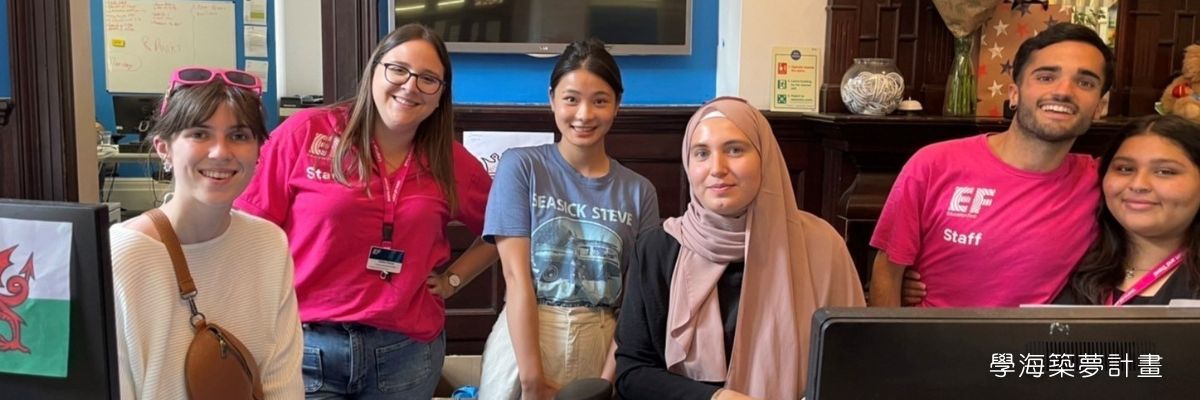DAFL Conference Nov. 8th, 2024
2024 DAFL Conference
Bilingual Education for College Students in the Age of AI
Registration Link: https://forms.gle/7dvb1q569uxtRHeR9
Contact Info. Phone No.:(02)82093211 #6821
Email: hsuinhk@gm.lhu.edu.tw
A. Abstract Submission: Tuesday, 30th July 2024
B. Notification of Acceptance/ Rejection: Thursday, 15th August 2024
C. Abstracts, PPT, or full paper Submission deadline: Monday, 30th September 2024
D. Conference Date: Friday, 8th November 2024
Dear Educators,
We are pleased to welcome all those wishing to participate in the conference entitled.
“Bilingual Education for College Students in the Age of AI.”
Taiwan is significant in global trade and pivotal in global supply chains. The recent influx of multinational corporations into Taiwan has led to a surge in demand for local talent with bilingual proficiency. To enhance the
competitiveness of Taiwan’s younger demographic and facilitate their access to more lucrative employment opportunities and higher remuneration, the government has implemented the Bilingual 2030 policy.
The event will provide a platform for meaningful discussions, knowledge exchange, and networking opportunities in applied linguistics and language teaching.
This conference provides educators, students, and researchers an excellent opportunity to share their experiences and insights on leveraging digital tools and strategies to enhance the teaching and learning experience. Through this collaborative effort, we can explore new educational frontiers and create a more inclusive and engaging learning environment for all. We invite submissions of original research papers, work-in-progress reports, and case studies on the following subcategories related to “Bilingual Education for College Students in the Age of AI.” Articles can be theoretical or empirical and can utilize a range of methodologies. We welcome papers that address practical problems, theoretical debates, or policy issues related to teaching and learning in any geographic context. We also welcome interdisciplinary reports that integrate insights from multiple disciplines. We extend our sincere gratitude for your support of our conference.
Submissions are welcome in the following subcategories (but not limited to):
| ◆ AI-assisted Learning | ◆ New projects and Innovations |
| ◆ Artificial Intelligence Generated Content (AIGC) and Language Learning | ◆ Online Assessment |
| ◆ Blended Learning | ◆ Pre-service Teacher Experiences |
| ◆ Collaborative and Problem-based Learning | ◆ Quality Assurance/Standards and Accreditation |
| ◆ Curriculum Design and Development | ◆ Research Methodologies |
| ◆ Distance Language Learning | ◆ Technology-Enhanced Language Learning |
| ◆ English as a Medium Instruction (EMI) | ◆ Technologies for Multilingual and Multiliteracy Development |
| ◆ Evaluation and Assessment of Student Learning | ◆ Technologies for Intercultural Learning and Communication |
| ◆ Human-Computer Interaction | ◆ Technologies and Language Teaching in Early Years Education |
| ◆ ICT Skills Education | ◆ Technologies Integration into EMI |
| ◆ Impact of Education and Development | ◆ Technologies and ESP courses |
| ◆ Infrastructure of e-learning Environments | ◆ Technologies and Language Teacher Education |
| ◆ Innovative Curriculum in e-learning | ◆ The Impact of Web Technologies in Education |
| ◆ Instructional Design for e-learning | ◆ Training, Evaluation/Performance Measurement and Assessment |
| ◆ Knowledge Management in e-learning | ◆ Transferring Skills and Disciplines |
| ◆ Language & Digitalization | ◆ Translation |
| ◆ Language Learning Innovations | ◆ University-Industry Cooperation |
| ◆ Learning and Teaching Methodologies | ◆ User-Generated Content |
| ◆ Links between Education and Research | ◆ Web 4.0 and Social Networking |
| ◆ Literature ◆ Mobile Learning | ◆ And More |
| ◆ Mobile/Wireless Technologies | |
| ◆ Multimodality and Technology-enhanced Language Learning/ Teaching | |
| ◆ New Learning/Teaching Models |


